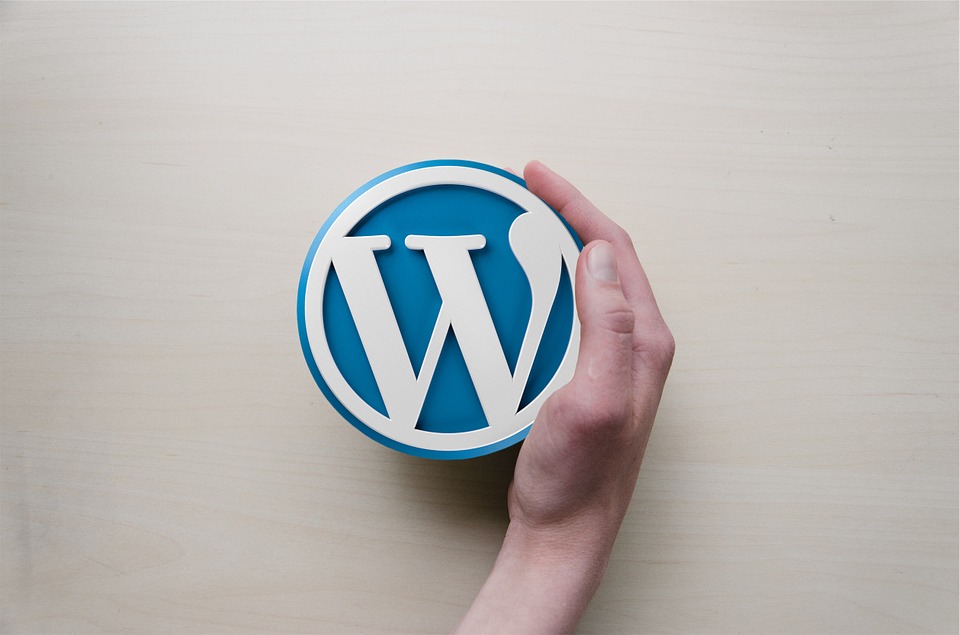There are several strategic solutions to optimize speed and performance across your WordPress website. Whether you are building an eCommerce site, a new website, or a small blog, there are several incentives to optimize your WordPress program. With sufficient optimization, you can likely improve the performance, efficiency, and exposure that your website receives. WordPress has been specifically configured to be responsive to changes. Therefore, there are specific performance factors that can easily be addressed and reviewed within a number of minutes.

Read on to learn about how to optimize WordPress program speed and performance.
Limit Dynamic Content
Limit dynamic content within your WordPress site to greatly optimize your program speed and performance. While incredibly engaging, dynamic content like videos, interactive feed, dynamic WordPress sidebar widgets, or advanced visuals greatly reduce the speed of your WordPress site. Instead, utilize more static images, engaging text, and strategic calls to action. While some videos are likely necessary to introduce your business, core values, and mission, attempt to limit unneeded dynamic content elsewhere on your website. To speed up the performance and ensure consistent reliability of your WordPress platform, be sure to limit dynamic content wherever possible.
Integrate A Docker Registry
Docker registries are an essential resource to help WordPress developers enhance their program organization, speed, and performance. Docker utilizes operating system level virtualization in order to deliver software packages in containers. These containers are isolated from each other, allowing you to improve transferability and security across your libraries, configuration files, and software. If you are developing your WordPress site using a containerization strategy, a Docker registry is an essential resource to manage development, vulnerability analyses and distribution on your servers. Once configured, a sophisticated Docker registry helps you take your program to production with confidence. At the same time, registries allow you to optimize builds, harness the power of automation, and scale your program for enterprise needs. As you look to enhance your WordPress program speed and performance, be sure to integrate a reliable Docker registry.
Install Plugins
Plugins are a major resource to enhance the speed and performance of your WordPress website. With reliable plugins installed, you can greatly increase the functionality and capabilities of your program. WordPress plugins are essential resources to achieve a number of tasks. Some of the best plugins allow you to configure buttons, create advertisements, ensure anti-spam, and complete a variety of additional features. Even better, the majority of WordPress plugins have some form of beginner version that is completely free. There are several widely used plugins and programs to boost productivity. For developers looking to enhance their WordPress platform speed, reliability, performance, and functionality, research valuable plugins to install.
Optimize Individual Pages
To significantly improve the performance of your website, it is essential to optimize each of your individual pages. Likely the most important page to optimize is your landing page. However, all of your site pages should hold a professional, consistent outlook and design. There are a number of easy, strategic ways to ensure optimized webpages. First, you should limit the overall amount of content that appears on each page. Utilize excerpts, briefs, and brief concepts to limit the needed amount of content. At the same time, you should utilize consistent fonts, styles, and scrips to manage all of your webpage content. Whenever possible, refrain from making too many changes in your ‘Custom CSS’ section, as these tend to additionally slow down your platform performance. Be sure to optimize individual pages in order to greatly accelerate website speed and performance.
Monitor Plugin Performance
Once you install plugins, you need to constantly monitor their performance to ensure sufficient speed and performance across your WordPress website. As mentioned earlier, plugins are essential to WordPress program functionality, accessibility, and performance. However, when improperly monitored, unnecessary plugins can greatly impact your website load time. Only keep plugins installed and activated that are absolutely essential to the performance of your website. During the process, be sure not to accidentally delete any plugins that are essential to your website performance. To enhance your website speed, agility, and performance, be sure to deactivate any nonessential plugins.
There are several strategic methods to improve WordPress platform development. First, you should look to limit dynamic content whenever possible. Install a sophisticated Docker registry to manage your software packages. At the same time, you need to install, and consistently monitor the performance of WordPress plugins. Furthermore, you need to review and optimize your individual pages, beginning with your site’s landing page. Constantly conduct page speed tests to guarantee your websites consistent load rates. Consider the points mentioned above to learn about how to optimize WordPress program speed and performance.